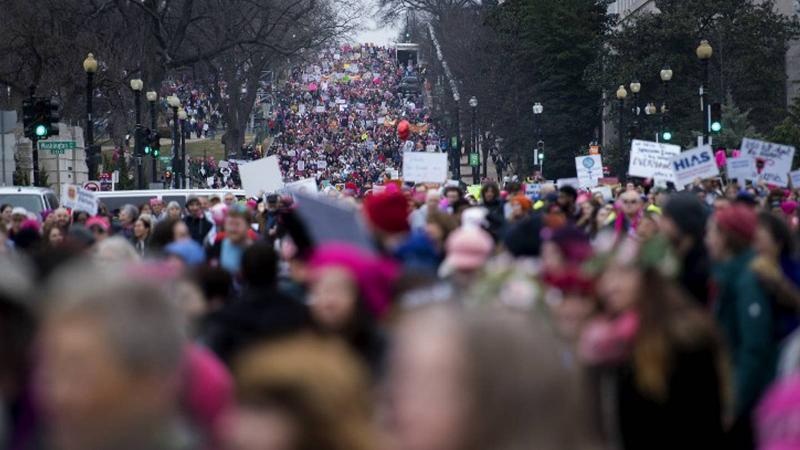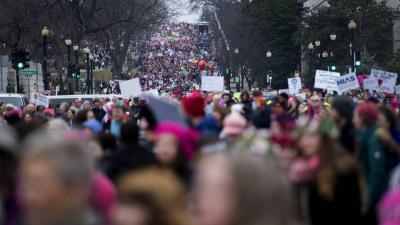"On the day I sit alone in the van without anyone close to me, I feel comfort and reassurance. This is my happy day," Bula shares with "Wordna," expressing her daily fear of being unprotected except by her faith. She adds, "Everything we live will not stop us from celebrating International Women's Day!" Bula's experience prompted us to reassess the reasons behind harassment, the laws that promote gender equality, and how these laws are applied.
**What Does the Constitution State?**
The Lebanese constitution, specifically "Article 7," stipulates equality between genders in rights and duties. "Article 12" allows for public positions to be held without discrimination. Conversely, "Article 9" grants religious courts the right to enact their own regulations.
**Women Leading Academically**
According to international statistics, the proportion of female students at the Lebanese University in 2022 was 70%, with high success rates. In private universities, females made up 46% of graduates in 2022. However, this ratio is not reflected in employment opportunities; rather, the opposite is true. Sociologist Dr. Maya Maroun explains to "Wordna" that wages in the private sector differ between men and women, contrary to the public sector. This discrepancy arises because the private sector tends to elevate men to managerial positions, thus changing their salaries. Dr. Maroun notes that certain institutions, including educational ones, refuse to hire pregnant women, and if a woman is married, she may be pressured to give birth during the summer. She believes the issue lies not with women but with the classic stereotypical culture that views cooking, housework, and family care as women's duties. Dr. Maroun concludes, "We cannot change some laws that take custody from mothers," and "Because we are unable to change religious laws and community regulations, we are far from celebrating International Women's Day… We will celebrate when we do not blame women for being harassed and when our first priority is to discuss child marriage."
**The Call for a Civil Law for Personal Status**
In this context, lawyer Yumna Makhlouf asserts in the Legal Diary that the call for the adoption of a civil personal status law "is not only based on respecting the individual freedom of belief belonging to every citizen but also on the necessity of establishing a civil system that can better commit to fundamental individual rights, particularly women's and children's rights," which generations of women and human rights advocates have fought for to alleviate the injustices faced by women denied their rights regarding guardianship, custody, divorce, and alimony, aiming for actual equality.
**Does the Lebanese Constitution Enshrine Gender Equality?**
Lawyer Makhlouf confirms to "Wordna" that the constitution's Article 7 enshrines the principle of equality among all individuals without discrimination between men and women and without any reservation regarding nationality or personal status. Therefore, "Lebanon's reservations to some provisions of the Convention on the Elimination of All Forms of Discrimination Against Women are unconstitutional." Moreover, she states, "The principle of equality obliges the Lebanese state to ensure this equality for all women, regardless of their religious affiliations, just like women who marry religiously and those who choose civil marriage."
In conclusion, we must acknowledge that as long as women are excluded from decision-making positions and electoral laws are tailored for male legislators, the struggle for rights continues. It is time for the men of Lebanon to return to their historical civilizational heritage and allow women to reclaim their natural role, hoping to rectify the affairs of the country and its people.




